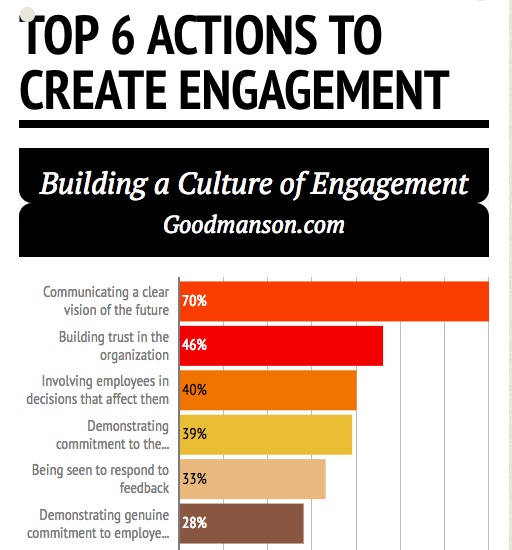I’d like to think through the idea of community, small groups and being the church, here are some books I’m reading:

The Connecting Church: Beyond Small Groups to Authentic Community By: Randy Frazee
Many Christians never experience a deep sense of “belonging” at church—even if they’re members of small groups. Examining the true meaning of community, Frazee helps you implement radical principles—common purpose, place, and possessions—that will foster lasting relationships in your congregation. His biblical model is sure to keep your church healthy and growing!

The Search to Belong: Rethinking Intimacy, Community, and Small Groups By: Joseph R. Meyers
Community is a fundamental life search. We need to belong. In our time, we search with some increasing desperation as terms like neighbor, family, and congregation are being redefined. The Search to Belong, is a practical guide for those struggling to build a community of believers in a culture that wants to experience belonging over believing.

Building a Church of Small Groups: A Place Where Nobody Stands Alone By: Bill Donahue Russ Robinson
This challenging and timely book provides pastors provides pastors and other church leaders with the vision, values, and initial steps necessary to begin building a church where small groups initiate, and are fully integrated throughout, the entire ministry – a church of groups, rather than a church with groups. People are hungry for authentic relationships – with God and with other people. Christians who hope to find those relationships within the local church are too often disappointed. Large gatherings provide a place for celebration, teaching, and worship,and Christian education programs offer a means to become familiar with the content of our faith, but how does the church provide a place where nobody stands alone? Authors Bill Donahue and Russ Robinson, both involved in small group ministry for Willow Creek, believe that it is primarily the small group setting where people are able to engage in authentic relationships. In a small group that is appropriately designed and effectively led, people can wrestle with how truth impacts their lives, experience shepherding by caring leaders, enjoy mutual ministry and create a place to walk together through life’s joys and sorrows. Speaking to key local church leaders, lay and staff, Donahue and Robinson articulate the benefits, challenges, difficulties, and key decisions required to build the neccessary infrastructure to become a church of small groups.
RELATED POSTS

